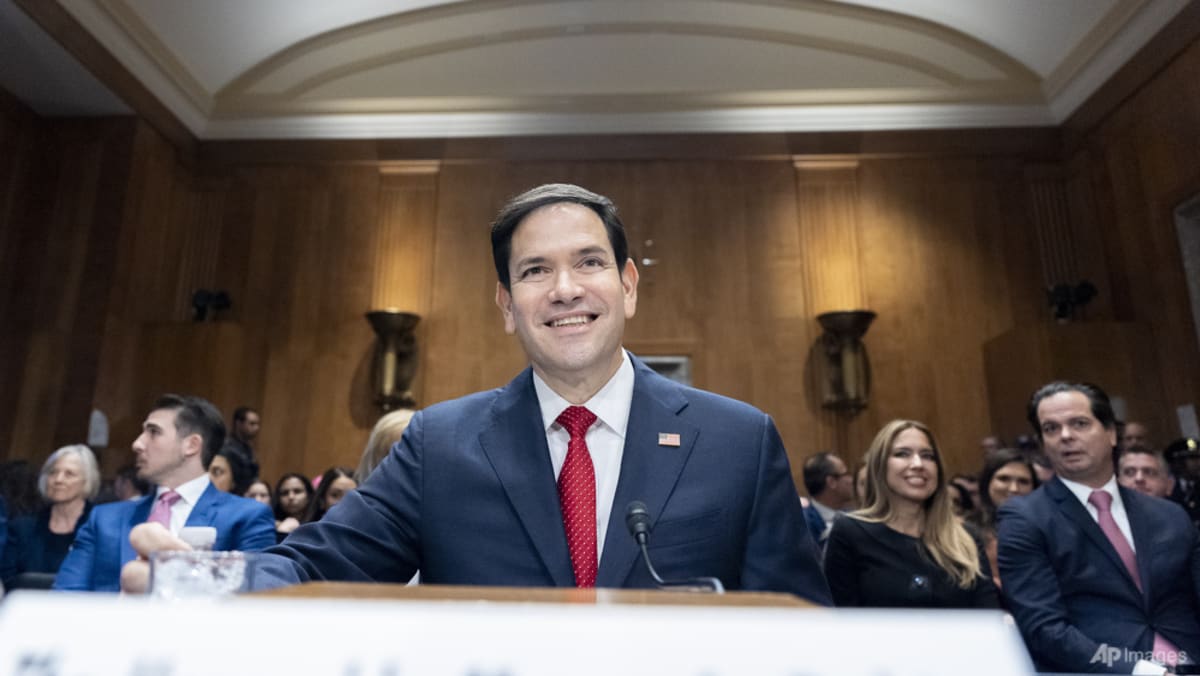JPMorgan Chase’s annual profit rose to a record as its dealmakers and traders reaped a windfall from rebounding markets in the fourth quarter, it reported on Wednesday.
The largest US bank also forecast its net interest income (NII), or the difference between what it earns on loans and pays out on deposits, would rise above analysts’ expectations this year, despite repeated warnings that high NII growth was unsustainable.
JPMorgan’s strong results bode well for the banking sector, which is seeing a revival in dealmaking and fundraising activities as the US Federal Reserve cuts interest rates to bolster the economy. Goldman Sachs’ profit also jumped after a bumper quarter for its investment bankers and traders.
“The US economy has been resilient,” JPMorgan’s CEO Jamie Dimon said, citing low unemployment and healthy consumer spending.
“Businesses are more optimistic about the economy, and they are encouraged by expectations for a more pro-growth agenda and improved collaboration between government and business,” Dimon said. Still, he cited risks: government spending, inflation, and geopolitical conditions.
JPMorgan’s Wall Street operations were lifted by a 49 per cent jump in investment-banking fees and 21 per cent higher trading revenue in the fourth quarter, surpassing executives’ forecast in December.
Stronger trading in credit, currencies and emerging markets helped the fixed-income unit, while resurgent activity in derivatives trading and cash market helped its equities business.
NII BOOST
The bank sees NII of US$94 billion for 2025, higher than the US$91 billion that analysts had forecast, according to estimates compiled by LSEG.
“We were most impressed with the company’s big revenue beat and importantly, net interest income was quite strong,” said David Wagner, portfolio manager at Aptus Capital Advisors.
“It seems like the behemoth should continue to see the path of least resistance to be higher.”
In the fourth quarter, however, NII fell 3 per cent to US$23.5 billion, marking the first year-over-year decline since 2021.
“JPMorgan’s earnings certainly were strong … A few things that stood out was the fact that JPMorgan’s interest income declined (in Q4), as we saw depositors continue to demand higher interest rates,” said Octavio Marenzi, CEO of consulting firm Opimas.
The bank’s shares climbed 1.8 per cent in premarket trading. They ended 2024 with a nearly 41 per cent gain, outperforming the benchmark S&P 500 index.
The financial industry may benefit from President-elect Donald Trump’s return to the White House, as his administration is expected to tap regulators who could ease capital rules and merger approvals.
Analysts have said the departure of Michael Barr, the Fed’s top regulatory cop who led efforts to raise capital requirements on big banks, could lead to a softening, or scrapping, of a proposal known as the Basel endgame, which banks have aggressively opposed.
“We have consistently said that regulation should be designed to effectively balance promoting economic growth and maintaining a safe and sound banking system,” Dimon said. “This is not about weakening regulation … but rather about setting rules that are transparent, fair, holistic in their approach and based on rigorous data analysis.”
JPMorgan’s profit for 2024 rose 18 per cent to US$58.5 billion. In the fourth quarter, it earned US$14 billion, or US$4.81 per share, compared with US$9.3 billion, or US$3.04 per share, a year earlier.
SUCCESSION IN FOCUS
Dimon said the bank’s succession timeline was unaffected by one of the leading contenders to become CEO, Jennifer Piepszak, taking herself out of the running for now.
Piepszak will become chief operating officer. She will succeed Daniel Pinto, a top lieutenant of Dimon and a four-decade veteran at the investment bank, who will retire at the end of 2026.
“It doesn’t change the timeline at all. That’s more of a natural progression,” Dimon said on a post-earnings call with reporters.
JPMorgan’s board has identified candidates to take over after Dimon, who has run the bank for 19 years. The CEO has said that succession planning is his most important task. In May last year, he said the timeline was less than five years and could be between 2.5 and 4.5 years.
The contenders to succeed him include Marianne Lake, CEO of consumer and community banking, Troy Rohrbaugh, co-head of the commercial and investment bank and Mary Erdoes, CEO of asset and wealth management.













